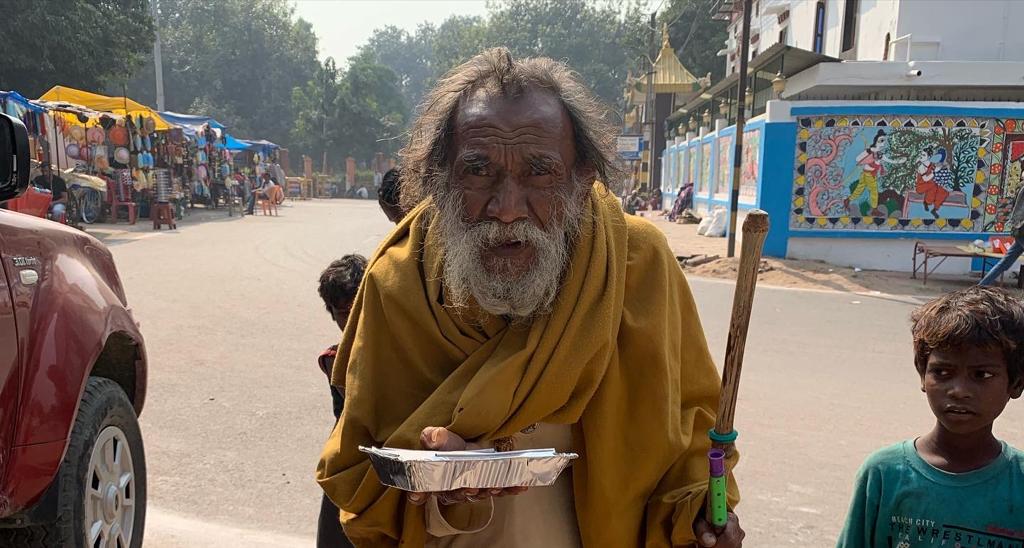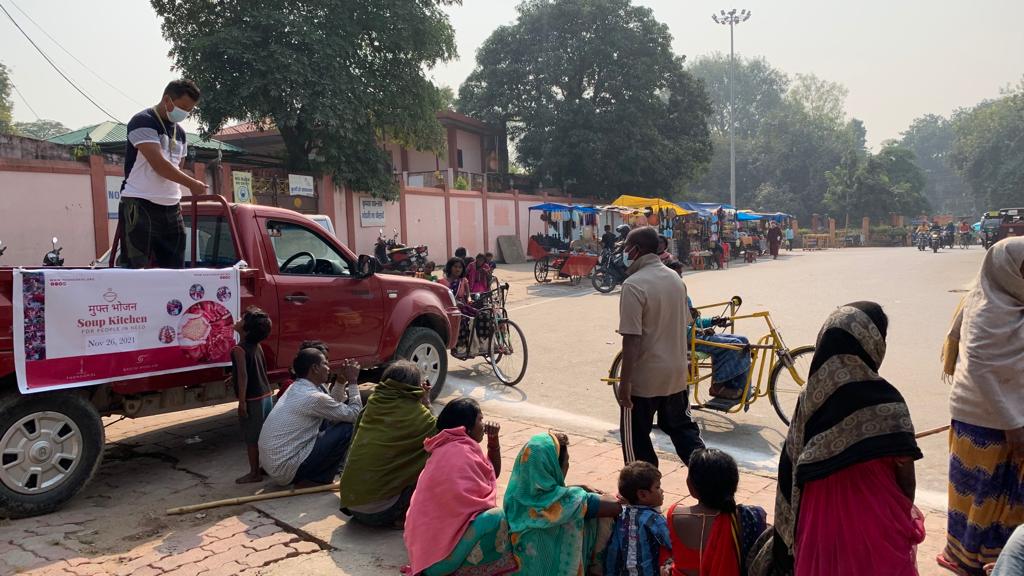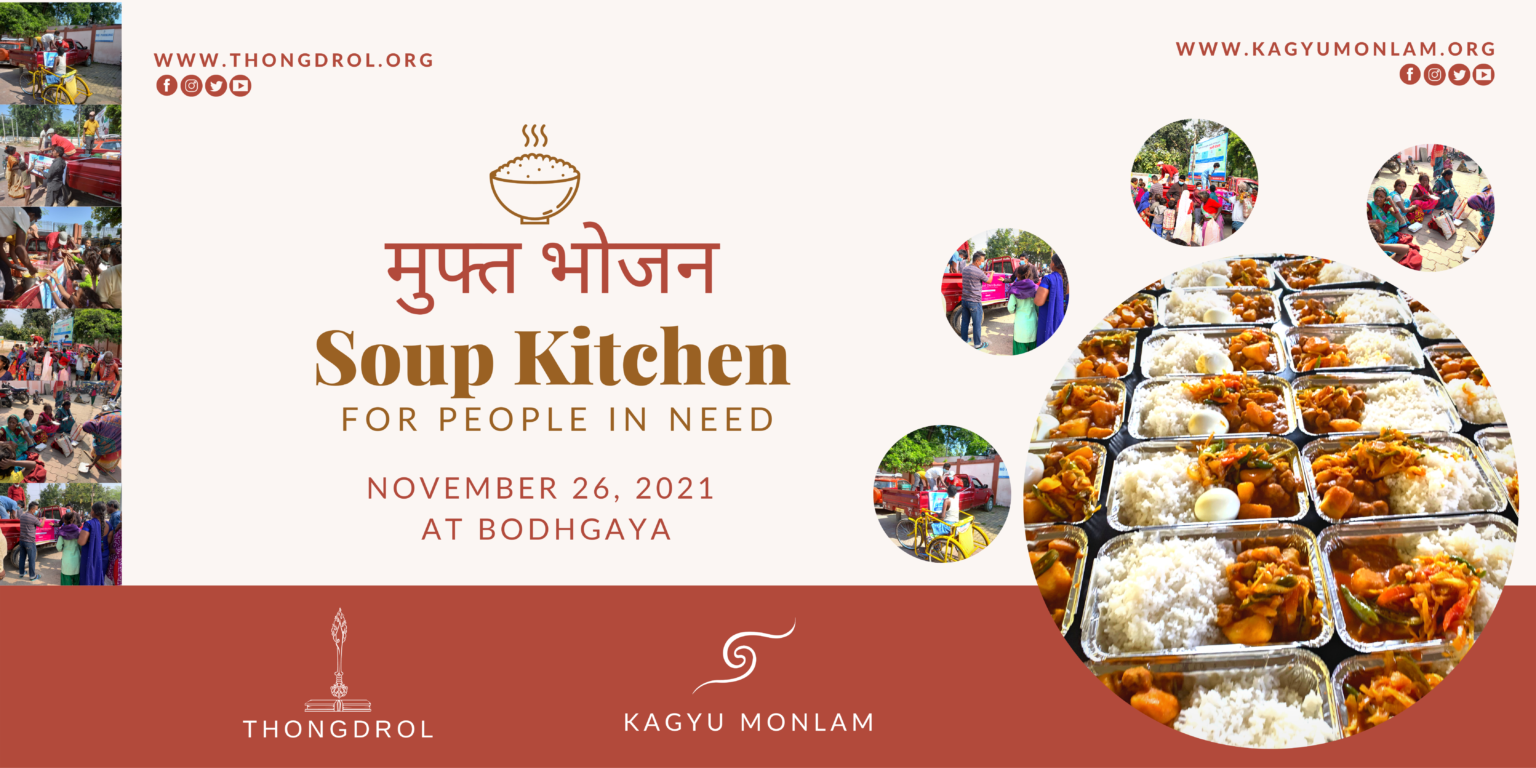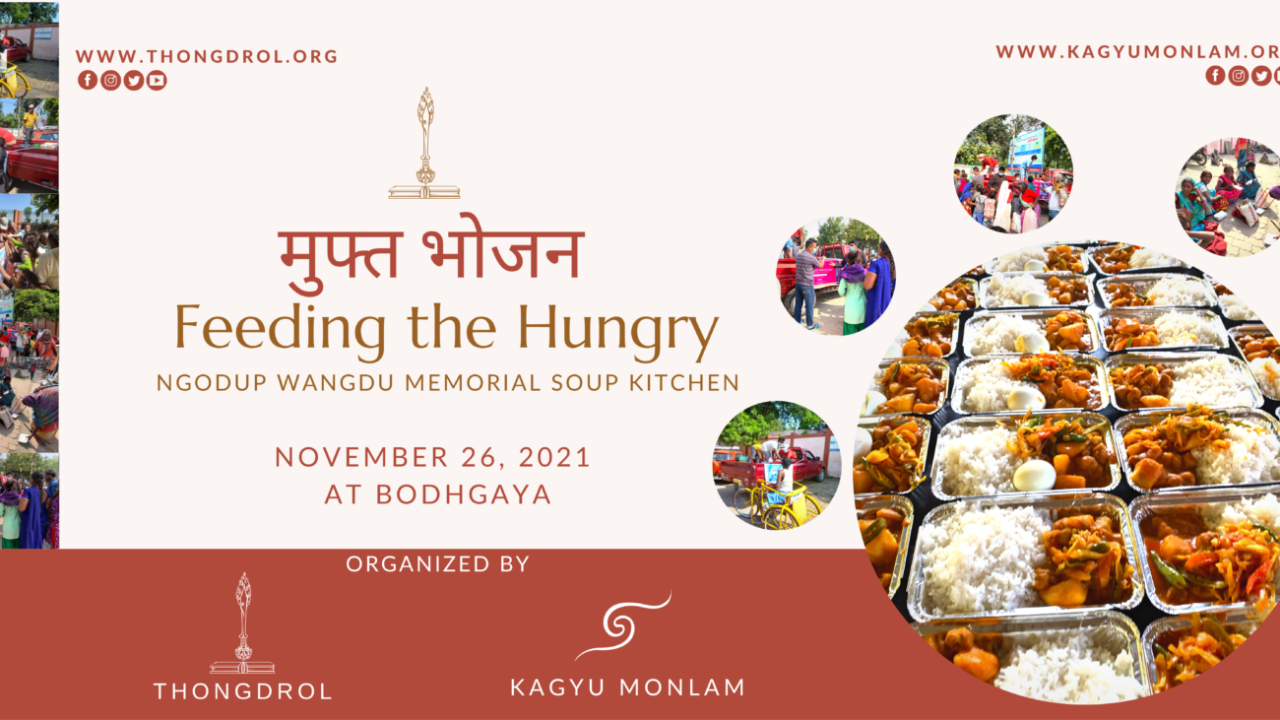The Practice Of Giving
In Buddhism, it also refers to the practice of cultivating generosity. Ultimately, the practice culminates in one of the Six Perfections, the Perfection of Giving, which can be characterized by unattached and unconditional generosity, giving and letting go.
The practice of giving, or dana in Pali, also refers to the practice of cultivating generosity has a paramount place in the teachings of the Buddha. The practice culminates in one of the Six Perfections, the Perfection of Giving, which can be characterized by unattached and unconditional generosity, giving and letting go.
Buddha taught about the importance and benefits of the practice of generosity. Based on that foundation, he talked about the importance and benefits of the practice of ethics. Then he discussed the practices of calming the mind, and after that he described the insight practices, which, supported by a calm and stable mind, lead to enlightenment. Once a person had awakened, the Buddha often instructed him or her to go out to benefit others, to be of service. Service can be seen as an act of generosity, so the Buddhist path begins and ends with this virtue.
The Buddha stressed that the spiritual efficacy of a gift is dependent not on the amount given but rather on the attitude with which it is given. A small donation that stretches a person of little means is considered of greater spiritual consequence than a large but personally insignificant donation from a wealthy person.
The Buddha understood giving to be a powerful source of merit with long-term benefits both in this life and in lives to come. While the teachings on merit do not carry much meaning for many Western dharma practitioners, these teachings suggest unseen pathways by which consequences of our actions return to us.
One way that the giver sees his or her generosity return is found in “instant karma,” the Buddhist idea that acts that you do have direct consequences on the state of your mind and heart, even as you do them. The consequences of giving are quite wonderful in the present moment; if we are present for them, we can receive these wonderful consequences during the act of giving.
The Buddha emphasised the joy of giving. Dana is not meant to be obligatory or done reluctantly. Rather, dana should be performed when the giver is “delighted before, during, and after giving.”
At its most basic level, dana in the Buddhist tradition means giving freely without expecting anything in return. The act of giving is purely out of compassion or goodwill, or the desire for someone else’s well-being. Perhaps dana is more about how we are than what we do. Through generosity, we cultivate a generous spirit. Generosity of spirit will usually lead to generosity of action, but being a generous person is more important than any particular act of giving. After all, it is possible to give without its being a generous act.
Although giving for the purposes of helping others is an important part of the motivation and joy of giving, the Buddha considered giving for the purpose of attaining nibbana as the highest motivation. For this purpose, “one gives gifts to adorn and beautify the mind.” Among these adornments are non-clinging, lovingkindness, and concern for the well-being of others.
Ngodup Wangdu memorial Soup Kitchen








Join our mailing list to keep informed of the happenings at The Buddhist Society.


